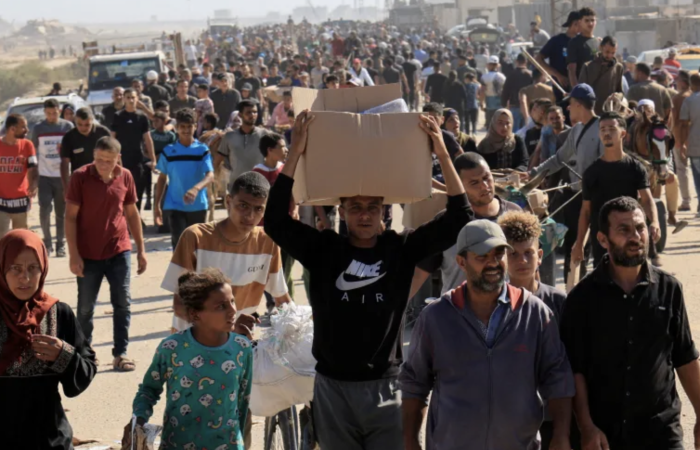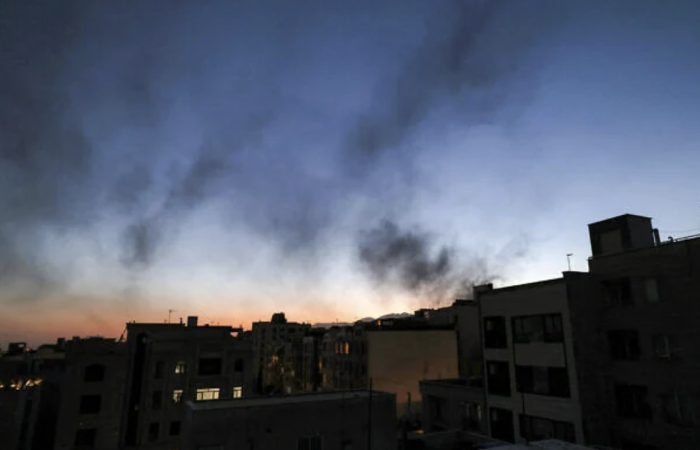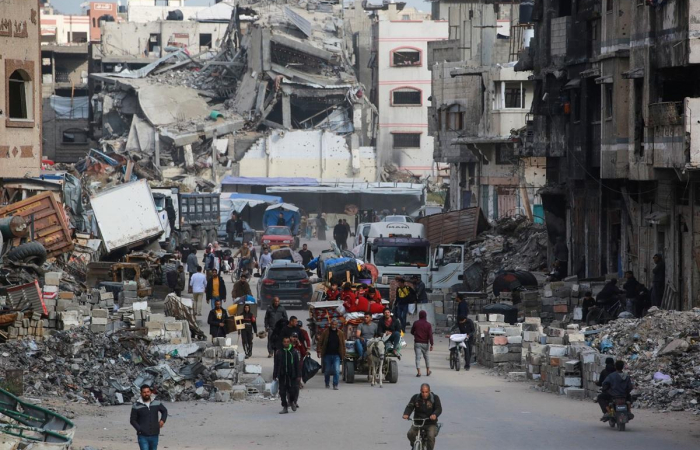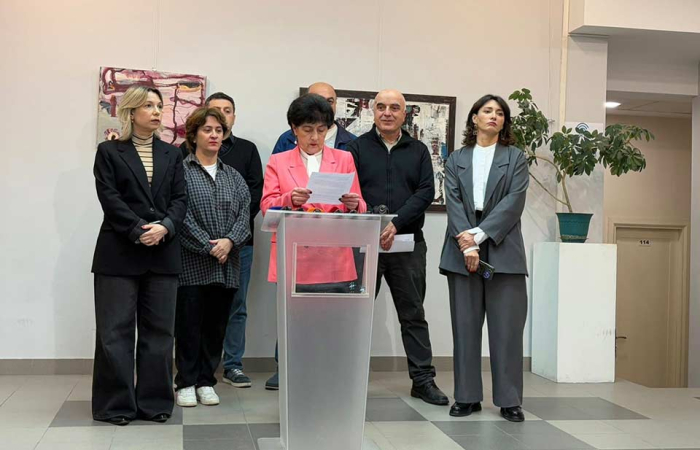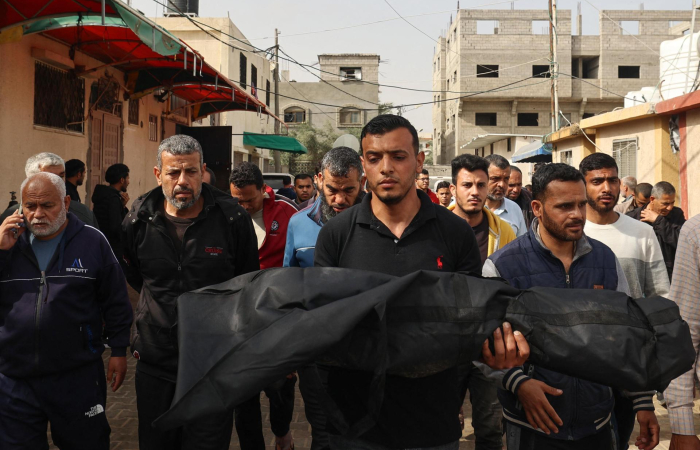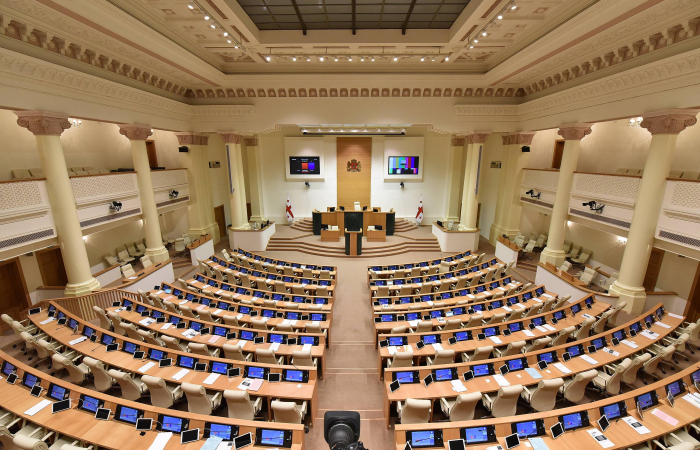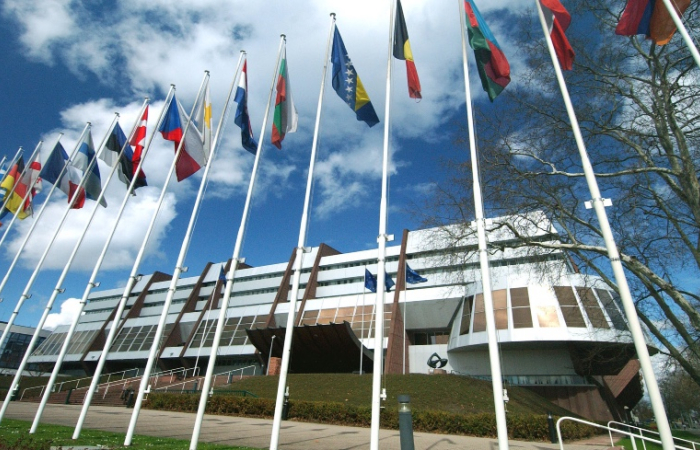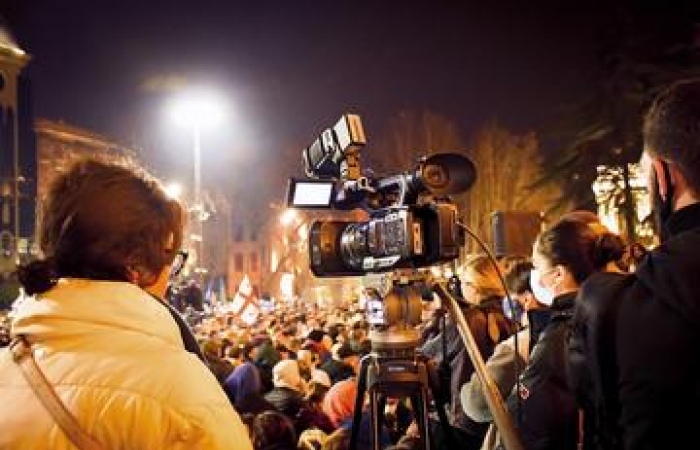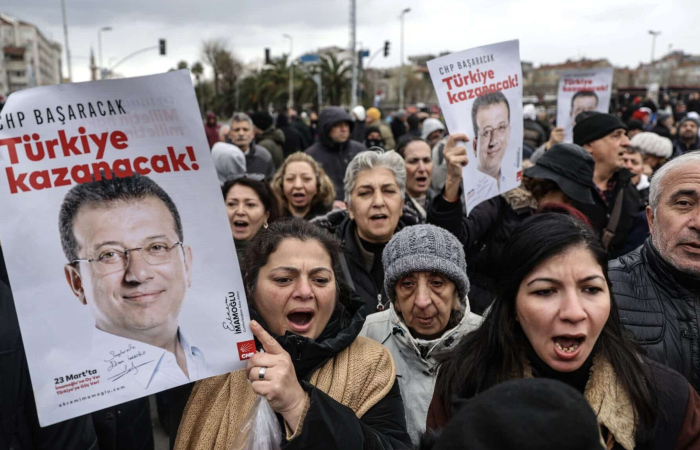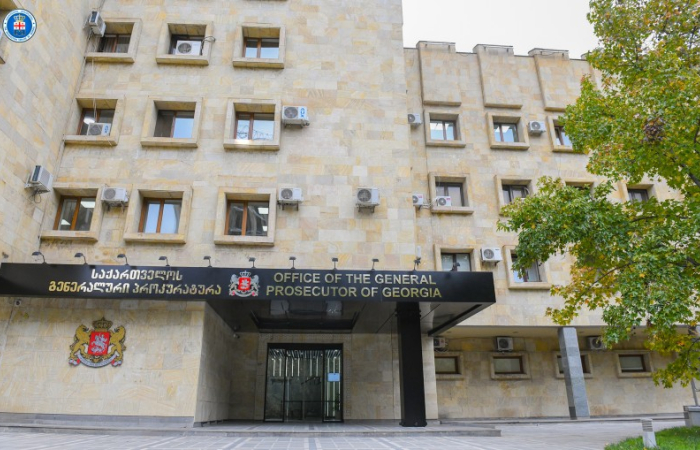Trending
Ten people were killed when Israel attacked an aid centre in Gaza
30 June 2025
According to the news channel Al Jazeera and the Palestinian news agency Wafa, at least ten Palestinians who were desperately seeking aid from a controversial and heavily criticised United States–backed organisation have been killed by Israeli forces in Gaza over the last 48 hours, according to the besieged enclave’s Government Media Office.



